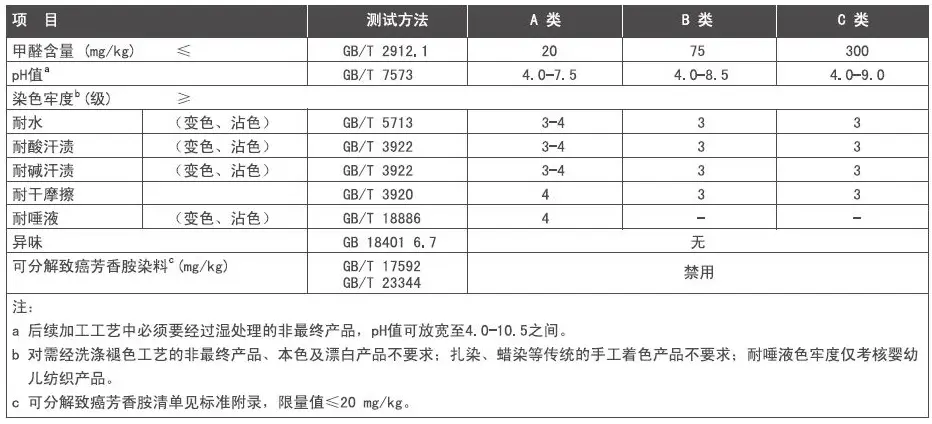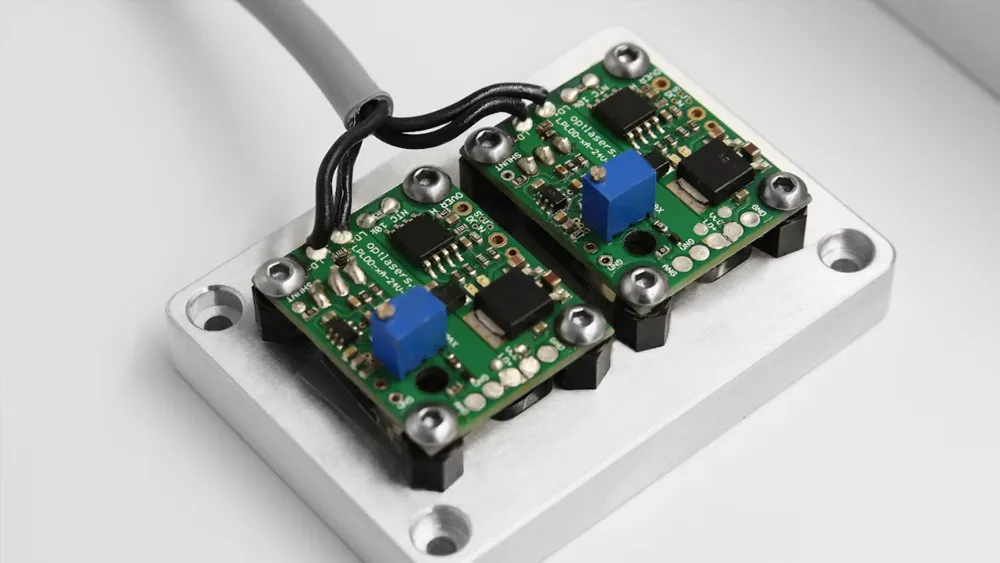
GB 18401 Textile Testing
In recent years, the quality of textiles has become a major concern for consumers. China’s mandatory standard gb 18401-2010 specifically outlines the safety requirements for textile products. With national regULatory authorities conducting more frequent inspections of textiles, product quality has become a key factor affecting textile enterprises’ market access, brand reputation, and market position.
JJR Laboratory in China follows the mandatory national standards to provide testing services that help enterprises, brands, retailers, and importers manage the quality of textile products. This ensures that the textile and garment products produced by enterprises meet the requirements of the Chinese market, helping them succeed in the market.
Test Services
1. Target Products
All textile products for clothing, decoration, and household use produced or sold within China.
2. Scope of Use
Children’s and adults' sleepwear, gloves, socks, hats, outerwear, bedding, shirts, T-shirts, skirts, pants, heavy outercoats, overcoats, down jackets, thick pants, and other similar products.
3. Applicable Clients
Manufacturers, brands, retailers, and importers.
4. Technical Standards
Primary entry requirements for textile products in China.
5. Basic Technical Requirements
Formaldehyde, pH value, colorfastness, odor, carcinogenic aromatic amine dyes, etc.
6. Testing Cycle
Standard: 4 working days.
7. Sample Requirements
1-2 pieces of finished garments or fabric swatches measuring 50cm x 50cm.
8. Technical Requirements of the Standard
The specific technical requirements would be listed here based on the full testing criteria, such as testing methods for each parameter.

How to Classify and Label Products in GB 18401?
The categories in GB 18401 define the safety levels for textiles, divided into three classes: A, B, and C.
Class A:
Textiles for infants and young children must meet Class A requirements. According to national regulations, textile products used by children under the age of 36 months, such as diapers, underwear, bibs, sleepwear, gloves, socks, hats, outerwear, bedding, etc., must meet Class A standards. These products must be labeled with "Infant Products" on the usage instructions.
Class B:
Textiles that come into direct contact with the skin must at least meet Class B standards. These products are those that, when worn or used, cover a large area of the skin, such as underwear, shirts, T-shirts, skirts, pants, socks, etc.
Class C:
Textiles that do not come into direct contact with the skin must meet at least Class C standards, such as thick coats, overcoats, down jackets, thick pants, etc.
Email:hello@jjrlab.com
Write your message here and send it to us
 Canada ISED Certification RSS-247 Standard Testing
Canada ISED Certification RSS-247 Standard Testing
 What Are the Product Compliance for Amazon Austral
What Are the Product Compliance for Amazon Austral
 Australia IoT Security Compliance
Australia IoT Security Compliance
 V16 Warning Light EU EN 18031 Cybersecurity Certif
V16 Warning Light EU EN 18031 Cybersecurity Certif
 Japan IoT Security JC-STAR Certification
Japan IoT Security JC-STAR Certification
 FCC SDoC Compliance Information Statement
FCC SDoC Compliance Information Statement
 What Does FCC SDoC Certification Mean?
What Does FCC SDoC Certification Mean?
 What is Bisphenol A (BPA) Testing?
What is Bisphenol A (BPA) Testing?
Leave us a message
24-hour online customer service at any time to respond, so that you worry!




